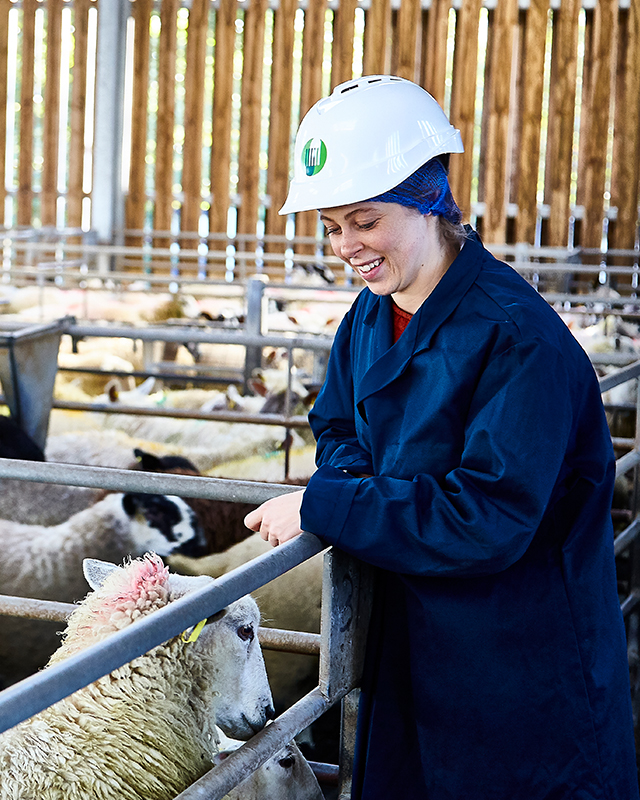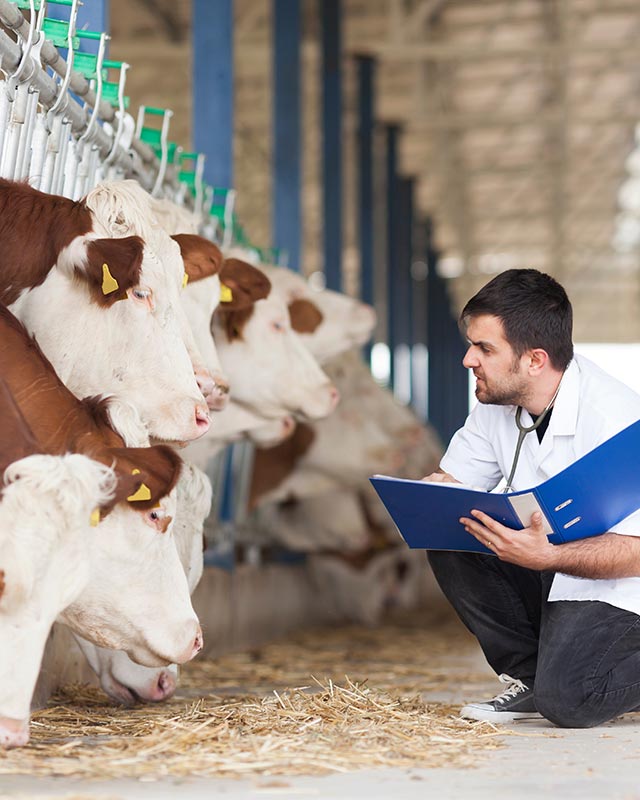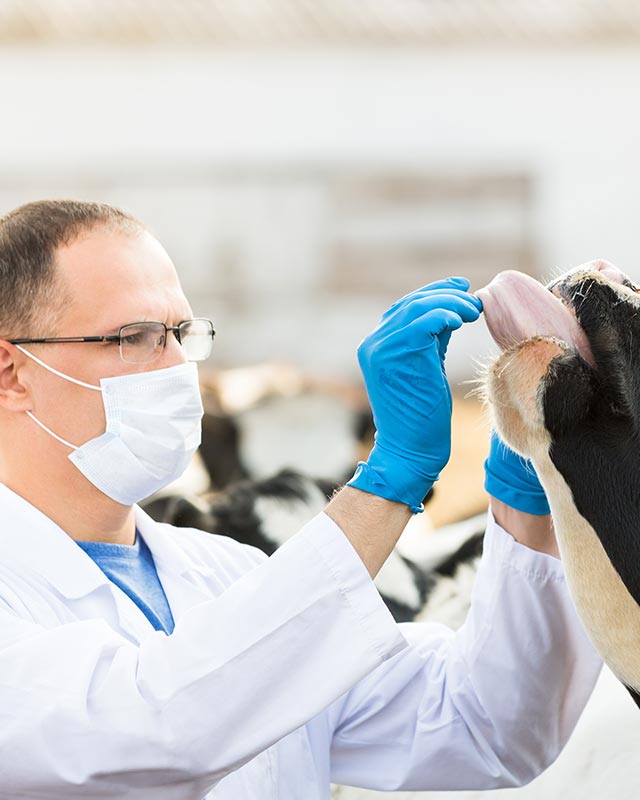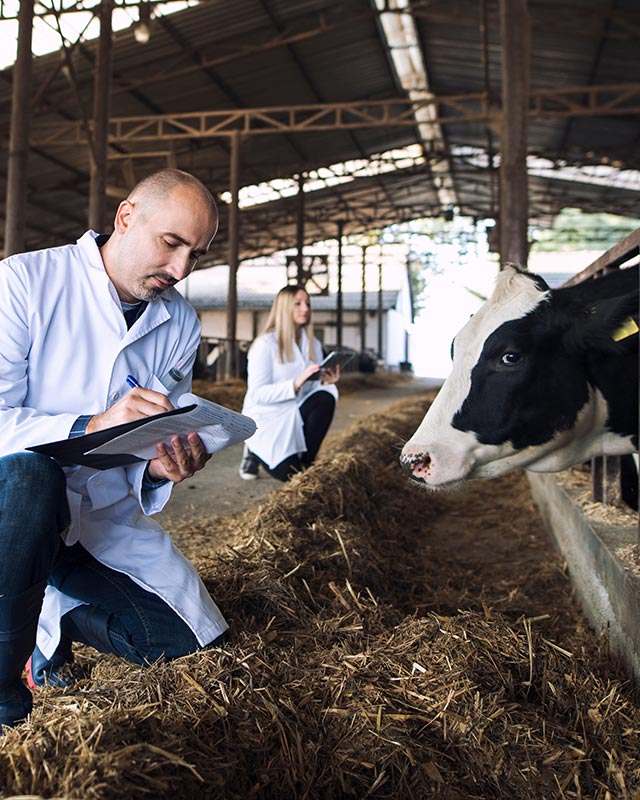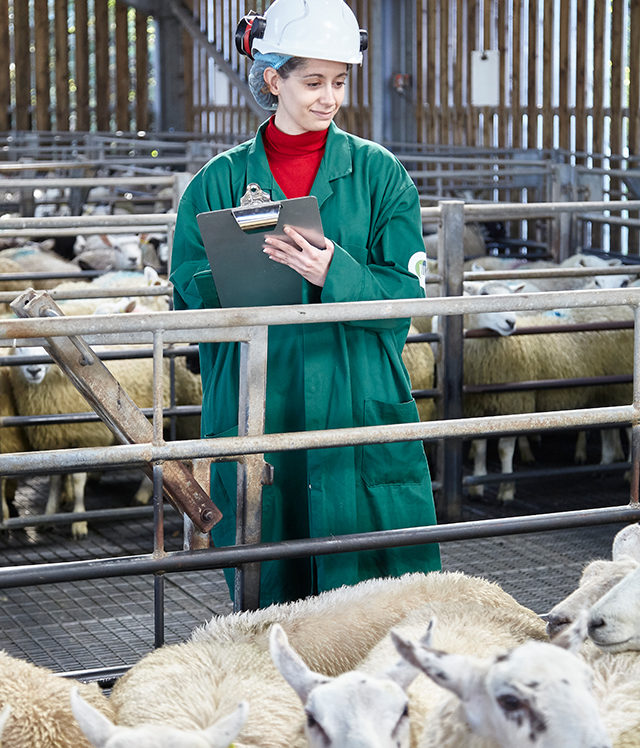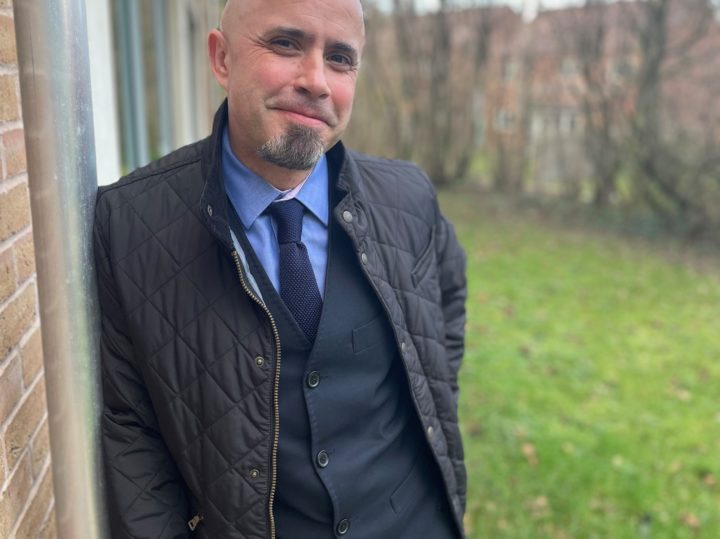Radu recently spoke to a London-based journalist about his decision to stand for election. This is his story:
Breaking down barriers across the veterinary industry – a manifesto for all
Radu Sirbu is on a mission. After 15 years working at all levels in veterinary public health, he wants people to love the sector as much as he does. “People sometimes struggle to believe it, but I love the work,” he explains. “I love the people, the support, the encouragement and the sense you are really doing something worthwhile. There is no other job in the industry where you get to work so closely with animals and with people and make a real difference to both.”
The 45-year-old’s view on how working in slaughterhouses can be rewarding and worthwhile is perhaps not what most people would expect to hear; but it is one of the main reasons he decided to stand for election to the Council of the Royal College of Veterinary Surgeons (RCVS).
Radu says he often has to explain not just what he does, but that his particular profession exists at all. “People are amazed when I explain that vets have to oversee the slaughter of animals. Some of them don’t want to hear it, but I love explaining it. It is so important. You have enormous responsibility to ensure animals are treated correctly and their welfare is respected, right up until the end. But you also get to work with all the various parties involved in animal husbandry and meat processing, be it the farms, the abattoirs or the food processing companies. I think people sometimes don’t understand just how much responsibility comes with the job.”
After 15 years with Eville & Jones, the UK’s largest employer of Official Veterinarians, Radu has seen all sides of the industry. He has worked as Meat Hygiene Inspector, Official Veterinarian and now has a managerial position as a Regional Veterinary Manager with Eville & Jones.
He also has the benefit of having worked as both a clinical and farm vet. His first job after graduating from USAMV University in Romania was working on one of Europe’s largest pig farms. “It was hard work, really hard,” explains Radu. “Artificial inseminations, vaccinations and other procedures, all on a huge scale.” He spent about a year in the job before returning to his home town, Cluj-Napoca, Romania’s fourth largest city and the unofficial capital of Transylvania, to work with companion animals. It was there that he saw an advertisement to work in the UK as a public health vet. “When I got to the UK, my first job was in Scotland, working in abattoirs. I was amazed how friendly the people were, how supportive. I really loved it. In many ways that first job set the pattern for all my work in public health and how I try to help the vets that I now manage.”
Radu explains how his phone is always on for the vets he manages, how he tries to make sure they have the support and backup they need to do their job. Providing this support is all part of a wider issue within the industry and one that he is determined to tackle if he is elected by RCVS members.
“People have been talking about the issue of work life balance for years but I can’t see that we are making progress. This is something we simply have to address. To get this right it has to start at the educational and regulatory level as well as with employers. We should also be encouraging more fluidity in the industry. There is very little crossover between clinical and OV work. We need to think about rebranding the profession, about giving public health work the recognition it deserves.”
There are simple changes that can make a huge difference right now, according to Radu. He highlights how changes in the industry have not just exacerbated the recruitment problems in the industry, but have also made some existing practitioners feel less valued.
“There are problems in the industry, Brexit and the introduction of the Level 7 English language requirement have created real problems, some of which I just don’t understand. I think as an industry we need to offer more support to our vets rather than putting barriers in place. There are a lot of decisions being taken in the industry which I simply don’t understand. People who were accepted in the industry for years we now consider aren’t good enough. That’s a really difficult message for some people to hear. “
The issue of acceptance, of breaking down barriers, be they cultural, ethnic or professional is the message that Radu keeps coming back to. That and his love of public health work and his commitment to bring it into the mainstream of the veterinary industry. “I consider I’m really lucky to do what I do. Can we get better? Of course we can. There are lots of things we can improve on, but first we should always remember what we’ve got.”


